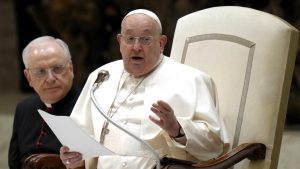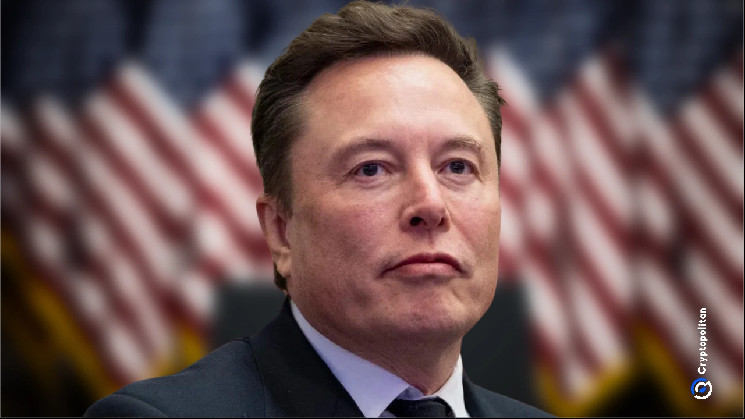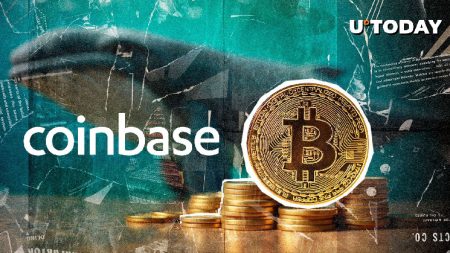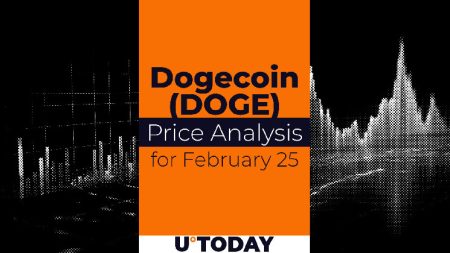Fort Knox and the Quest for Transparency: Elon Musk’s D.O.G.E. Takes Charge
Elon Musk’s Department of Government Efficiency, or D.O.G.E., has embarked on a intriguing mission: verifying the gold reserves at Fort Knox. This initiative was sparked when a user on X challenged Musk to investigate whether the U.S. gold reserves are still intact. Intrigued, Musk agreed, prompting a wave of political and financial discussions.
Political Reactions: Calls for Audits and Bitcoin Solutions
The debate quickly escalated as political figures weighed in. Senator Rand Paul, a staunch advocate for government transparency, demanded a full audit of Fort Knox’s reserves, echoing his father Ron Paul’s long-standing concerns. Conversely, Senator Cynthia Lummis proposed replacing gold with Bitcoin, highlighting its transparency and ease of auditing as a modern solution.
Bitcoin: A New Era of Reserve Management
Lummis’s proposal outlines a visionary plan through the BITCOIN Act, aiming to establish a U.S. Bitcoin reserve. This initiative includes acquiring 1 million Bitcoin, ensuring 5% of the total supply, and integrating it into the federal financial system. The plan also advocates for secure vaults and legal protections for Bitcoin holders, emphasizing innovation and financial security.
State-Level Initiatives: Pioneering Bitcoin Adoption
While federal discussions unfold, several states are paving the way. Pennsylvania, Texas, and Wyoming are among those exploring state-level Bitcoin reserves, signaling a grassroots movement towards cryptocurrency adoption. This decentralized approach reflects growing confidence in Bitcoin’s potential as a reliable store of value.
A Historical Shift: Comparisons and Endorsements
Lummis draws parallels between Bitcoin adoption and the Louisiana Purchase, suggesting a landmark moment in U.S. history. Endorsements from figures like Trump add political weight, indicating potential bipartisan support and the feasibility of integrating Bitcoin into the national financial strategy.
Conclusion: Tradition Meets Innovation
The debate over Fort Knox’s gold reserves and Bitcoin’s emergence as a reserve asset underscores a broader shift in financial thinking. As the U.S. considers moving from gold to Bitcoin, it reflects a balance between tradition and innovation. This potential transition could redefine the nation’s financial landscape, emphasizing transparency and modernity. The journey from gold to Bitcoin is not just a change in assets but a leap towards a future where trust and technology intersect.















